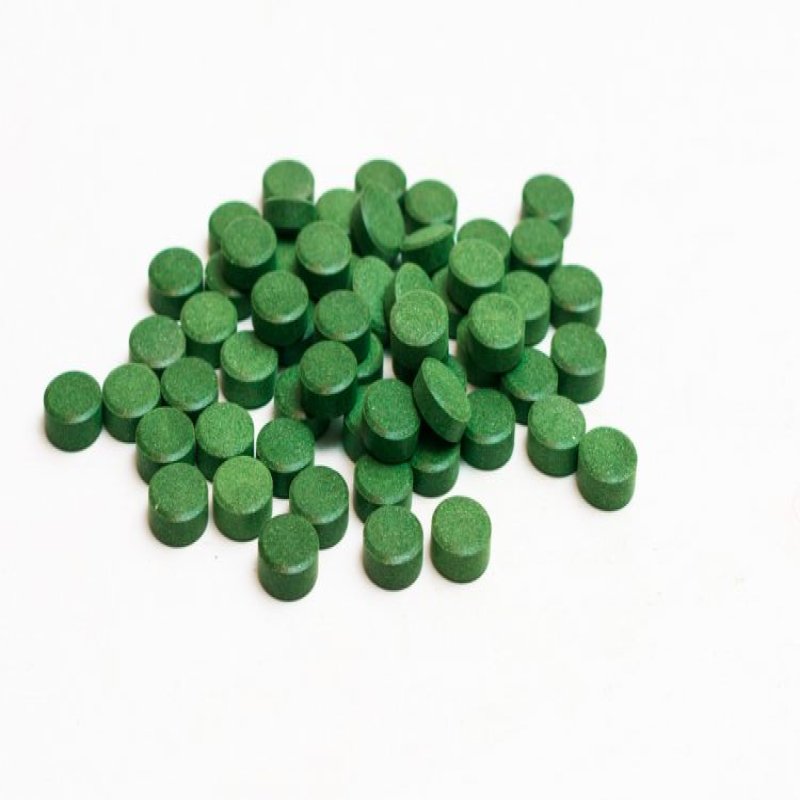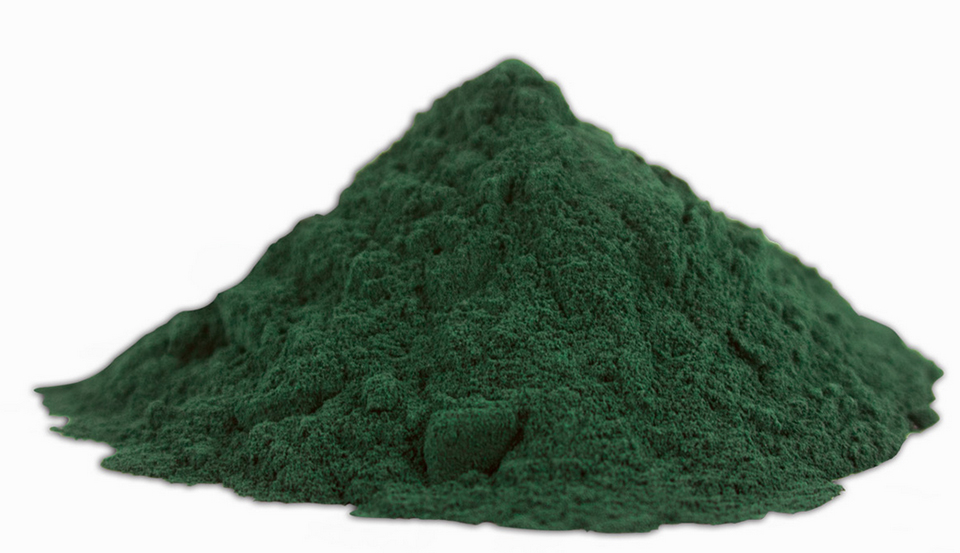
In developing countries like ours, food scarcity is one of the major concerns. The increasing numbers of hungry and chronically malnourished people have created a demand for alternative and innovative protein-rich food sources. SCP or Single Cell Protein can just be the perfect solution for this.
What is Single Cell Protein?
SCP, or Single-Cell Protein, is a protein extracted from single-celled microorganisms. We can use it as a protein supplement to replace other expensive plant and animal proteins. We can also use it as a substitute for protein-rich foods in animal feeds. SCP is available in both powdered and tablet forms.
Eating microbes as part of our diet is not a new concept. We have been consuming microbes intentionally or unintentionally in foods such as leavened bread, soy sauce, yogurt, cheese, and alcoholic beverages. SCP is produced via a process similar to the ones used for making loaves of bread or alcoholic beverages called fermentation.

The high nutritional content of SCP makes it a practical choice for using it as a food supplement. The chief sources of SCP are bacteria, fungi, and algae. Astronauts use a food supplement called spirulina, which is also an SCP, during their space travels.

With an increasing global population, the demand for food is also increasing, creating an enormous difference between supply and demand. The Food and Agriculture Organization of the United Nations (FAO) estimates that 190.7 million people are undernourished in India. By this measure, a whopping 14.5% of the population of India is undernourished. SCP can help us solve this enormous problem!
Advantages of Single-Cell Protein
- SCP contains essential amino acids, vitamins, nucleic acids, carbohydrates, nitrogen, and a high amount of protein. It is low in fat content, and hence many people can consume it without any worry.
- SCP is commercially available as Spirulina, Chlorella, and Fusarium. Spirulina consumption can help diabetes patients maintain their blood sugar levels. It helps keep eyes and skin healthy and is also beneficial for lactating mothers.
- SCP has a high nutrient density. This means that consuming one gram of SCP will give you more nutrients than other normal food ingredients.

Disadvantages of Single-Cell Protein
- Although SCP is a nutrient-dense food source, inappropriately prepared, cheap SCP sources can be harmful to you due to the presence of toxins or other substances detrimental to your health. So always get your SCP from reputable, dependable sources.
- The proteins in SCP can sometimes be unsuitable for some humans. This can lead to skin reactions, allergies, and even gastrointestinal reactions, resulting in nausea and vomiting! So always test whether your body can handle the SCP preparation before permanently integrating it into your diet. The high nucleic acid content of some types of SCP is also undesirable for human consumption.
- This high level of nucleic acid content in microbial biomass can sometimes lead to kidney stone formation or gout. So always review the composition and do your research before including generous portions of SCPs in your diet.
Conclusion
In spite of the above concerns, SCP has a proven record of being a rich source of protein. Many people can eat it as a good substitute for the expensive protein-rich meat and fish and even use it in animal feeds. In recent times, people have begun to accept alternative and innovative protein-rich foods. Hence, we should look forward to the extensive use of value-added SCP products in the new millennium and the eradication of chronic malnutrition globally through the use of SCP.


.png)


